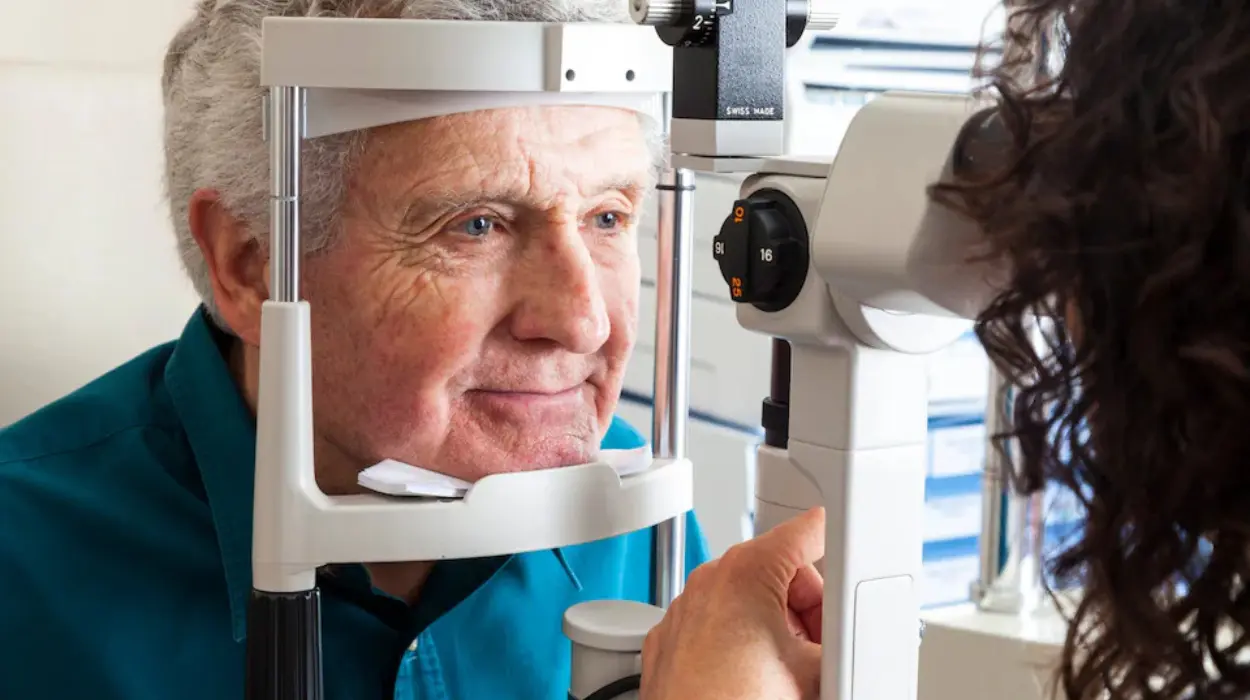London (Parliament Politics Magazine) – It has been reported that High street eye scans on the NHS could save hundreds of thousands of hospital appointments.
Patients with diabetes are regularly asked for check-ups because they are at peril of diabetic retinopathy, which can induce blindness if left untreated. These examinations have historically had to be carried out in hospital eye units, but the NHS is put to roll out the optical coherence tomography (OCT) scans to residents.
How will NHS eye scans reduce hospital appointments?
Patients will be able to get the scans nearer to home, either from their GP, community hospital or from a mobile van or pop-up clinic. About 60,000 patients with signs of eye disease will be asked for the scans because they are at higher risk. This will save up to 120,000 hospital appointments per year as well as lowering rates of sight loss, the NHS expressed. Ophthalmology has one of the most extensive waiting lists in the NHS by speciality, according to the latest data, making up nearly 10 per cent of the entire 7.57 million backlog.
Steve Russell, NHS national director for vaccinations and screening, stated: “This technology will help us discover and treat diabetic eye conditions early, allowing minimise and prevent sight loss, and it also means that thousands of appointments in traditional hospital settings could be saved, which is great news for the NHS.”
How often do diabetic patients need eye check-ups?
About 90 per cent of the 4.5 million people living with diabetes in England are signed up to the NHS diabetic eye screening agenda. Approximately 3.3 million have a regular check-up every year, or two years if there are no symptoms of deterioration. During the examinations, doctors examine for signs of diabetic retinopathy, which happens when high blood sugar levels damage the small blood vessels in the back of the eye that deliver blood to the retina.
Why is diabetic retinopathy dangerous?
The retina is responsible for obtaining light and relaying electrical signs to the brain that create the images that we witness. The condition can induce blindness if left undiagnosed and untreated and signs can include gradually worsening eyesight, sudden vision loss, shapes swimming in your field of vision, blurred or patchy eyesight, eye pain or redness, and problems seeing in the dark. People can lower their risk by managing their blood sugar levels and taking diabetes medicine.


